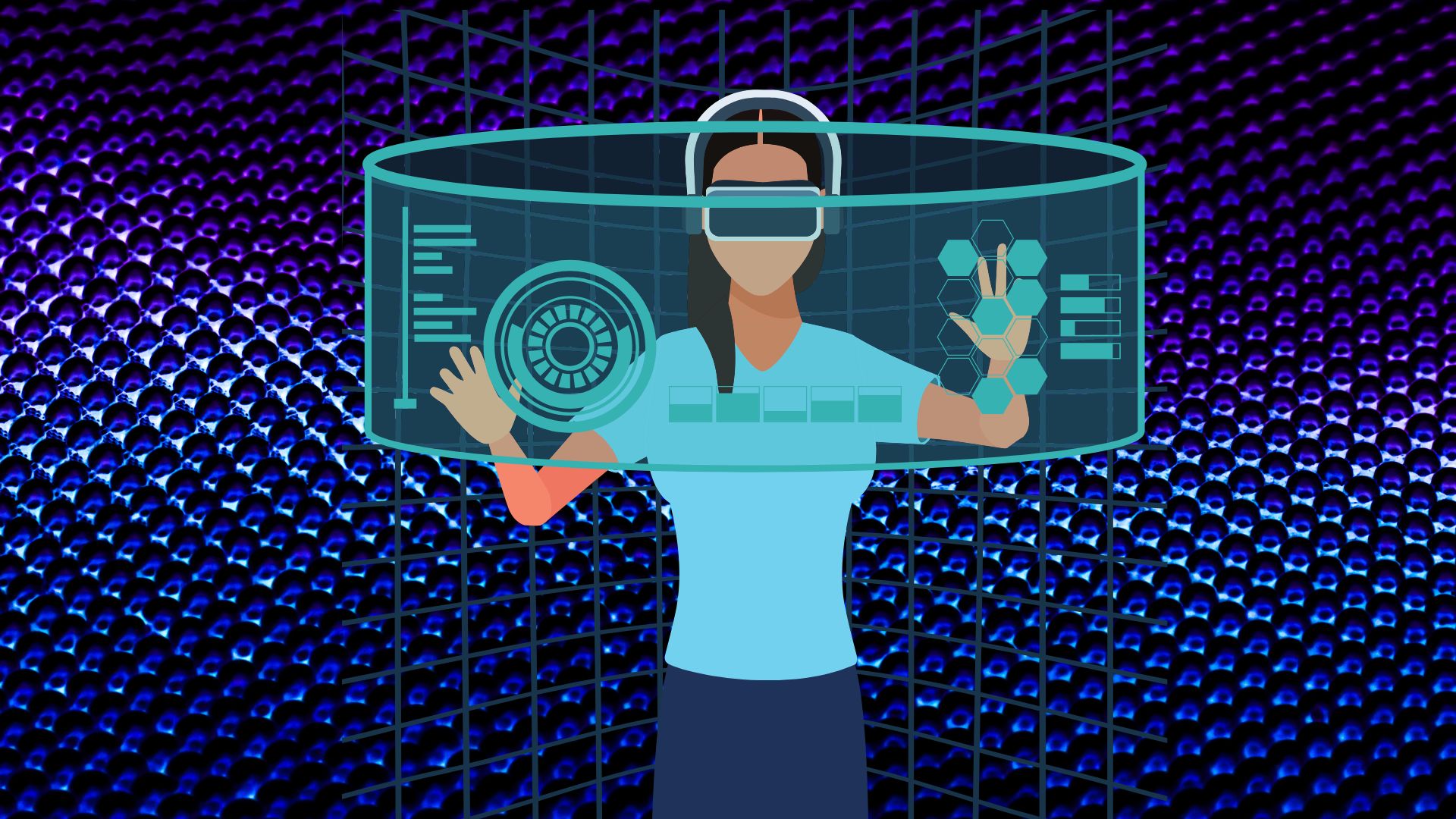Tech giants are rapidly shifting focus beyond smartphones towards integrated ecosystems of ambient computing, AI, and immersive interfaces. This transition fundamentally reshapes daily interaction, environment, and personal capabilities.
The Evolution Beyond Handheld Screens
Smartphones remain pivotal but are no longer the sole center of the digital universe. Future interactions increasingly happen through:
- Voice & Ambient AI Assistants: Conversational AI integrated into environments (homes, cars, public spaces) anticipates needs and executes tasks.
- Wearables & Hearables: Smart glasses, rings, earbuds, and advanced watches provide context-aware information and control without requiring a hand-held screen.
- Neural Interfaces (Emerging): Early-stage brain-computer interfaces (BCIs) aim for direct thought-to-command communication, bypassing physical interfaces.
Seamless Ecosystem Integration
Tech giants are building cohesive ecosystems where devices disappear into the background:

- Ubiquitous Sensing: Networks of sensors (environmental, biometric) continuously gather contextual data.
- AI-Powered Orchestration: Central AI analyzes sensor data, user habits, and preferences to proactively manage tasks across devices – adjusting home climate, scheduling maintenance, ordering essentials.
- Persistent Digital Identity: Secure biometric authentication (face, voice, behavioral patterns) enables frictionless transitions between devices and services.
Implications for Daily Life
- Hyper-Personalization: Environments adapt dynamically to individual preferences for lighting, sound, temperature, and information flow.
- Augmented Productivity & Creativity: AR overlays contextual data onto the physical world for complex tasks; generative AI assists in real-time content creation and problem-solving.
- Revolutionized Healthcare: Continuous health monitoring via wearables/implantables enables predictive diagnostics and personalized treatment plans, integrated with healthcare providers.
- Redefined Social Interaction & Entertainment: Immersive VR/AR experiences enable new forms of remote collaboration, social connection, and entertainment blending physical and virtual realities.
- Automated Mundane Tasks: AI agents handle scheduling, communication filtering, financial management, and routine household operations.
Critical Challenges
- Privacy & Data Control: Constant sensing creates profound privacy risks; robust regulation and user-centric data control frameworks are essential.
- Digital Divide: Ensuring equitable access to avoid exacerbating existing societal inequalities is critical.
- Dependency & Autonomy: Over-reliance on AI systems could erode human skills and decision-making capabilities; defining appropriate boundaries is key.
- Security of Integrated Systems: Vulnerabilities in interconnected ecosystems pose significant security threats with physical consequences.
This vision moves computing from a tool we actively use to an intelligent, context-aware extension of ourselves and our environment, promising unparalleled convenience and capability while demanding careful navigation of profound ethical and societal challenges.












